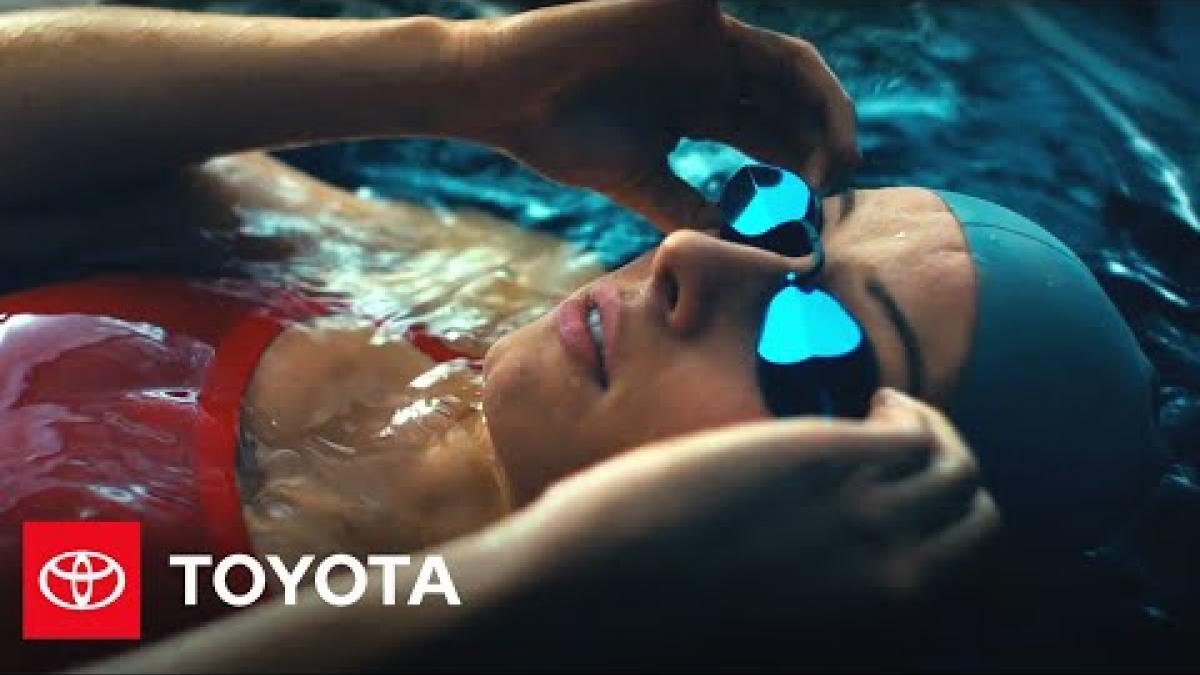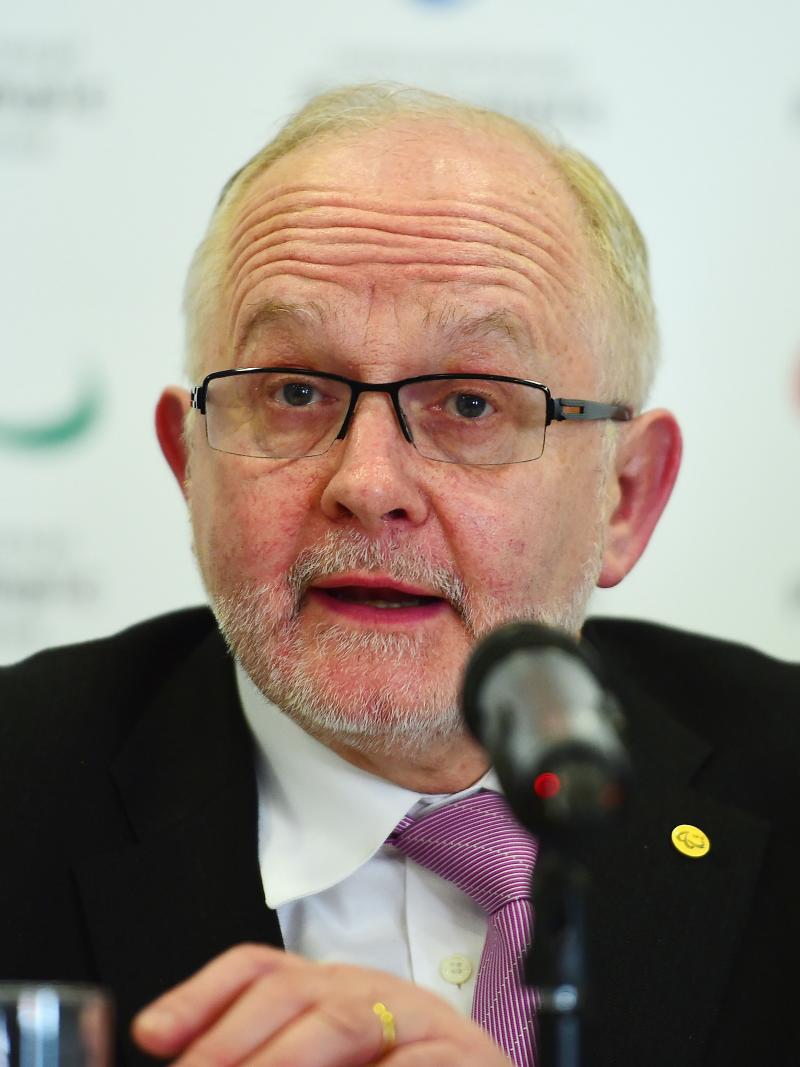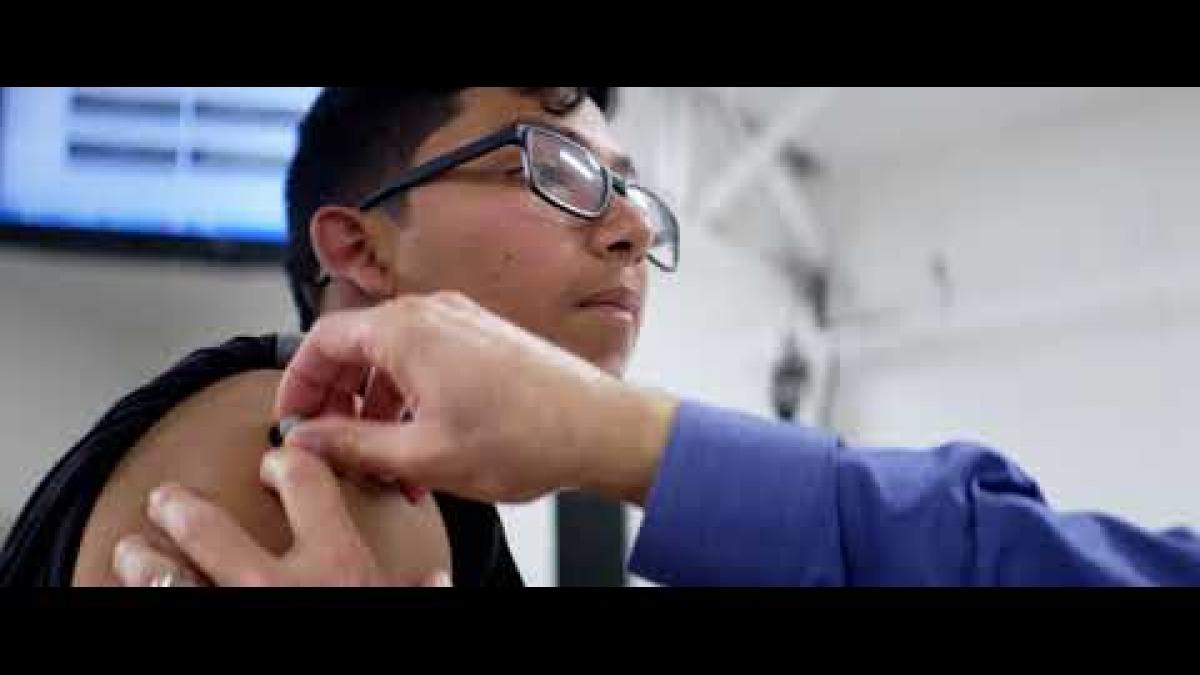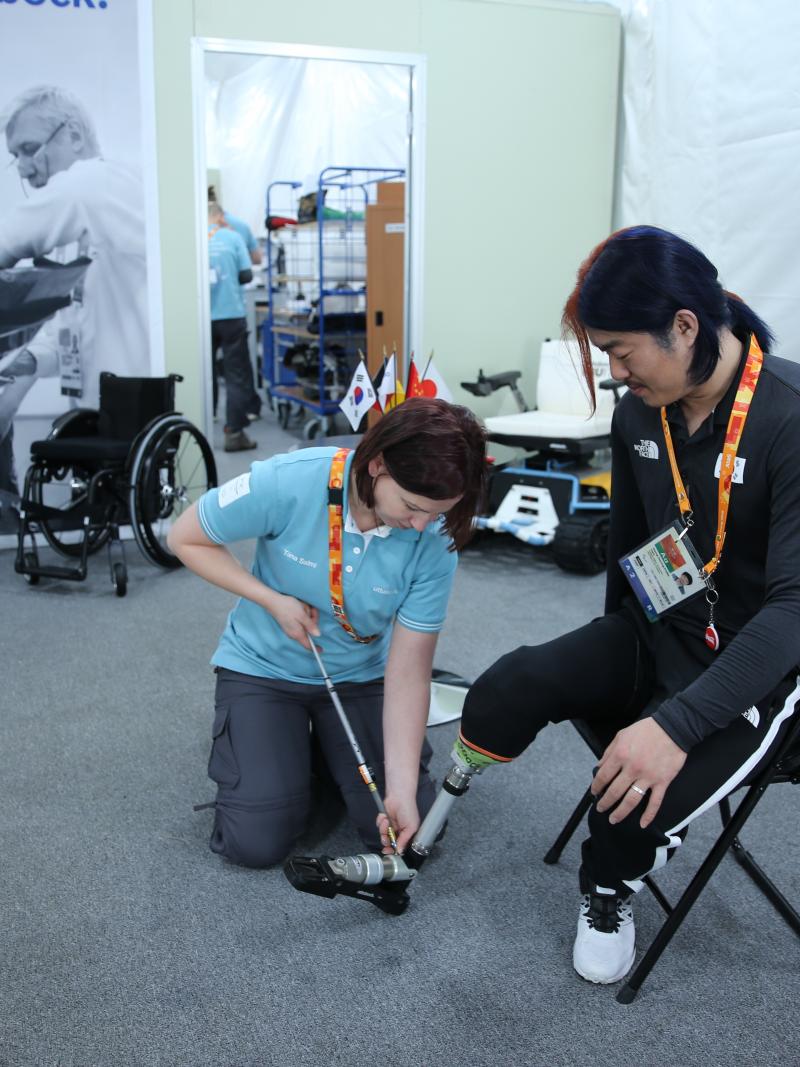Toyota drives IPC’s vision of mobility for people with disabilities
‘Para athletes like Birgit Skarstein are engaging and bring a different approach. It’s about changing mindset and talking to athletes help to do that.’ 25 Mar 2021With the vision to ‘Deliver Mobility to all,’ Toyota Motor Europe is looking to empower people with disabilities through innovations.
Over the last year, the Toyota Startup Awards competition has targeted inclusive mobility start-ups with the prime objective to enable people with mobility limitations to move around freely, facilitating their daily lives. But why is a global corporation like Toyota so keen to work with start-ups?
“Start-ups bring a different experience. The challenge is no one knows what the future of mobility will look like. You need to experiment. Start-ups are very good at that and pivoting; big win-win each way,” said Mark Mildon, Senior Manager Planning & Engagement Paris 2024, Olympics & Paralympics Dept, Toyota Motor Europe.
The Awards programme that ended in December last year included a Demo Day where five shortlisted teams had the opportunity to pitch their ideas before 90 plus attendees, including Sir Philip Craven, Former IPC President and Member of the Board of Directors, Toyota Motor Corporation; Toyota Motor Europe’s key executives; private investors and other dignitaries.
“This programme was part of the transition for Toyota to become a mobility company and provide solutions. We realised that working with start-ups is key in terms of solutions for persons with disabilities. It was a learning process for us to understand their ideas from those who had the knowledge of what mobility for all means,” said Zacharias Giannelos, Mobility Project Manager at Toyota Motor Europe.
“We understood better how people move around. It covered a broad spectrum - from intellectual impairment to vision impairment. Some gave insights into mobility that we weren’t aware of.”
Toyota has been a long-standing partner of the IPC and have supported Para athletes in their quest to excel in sports and create awareness of ‘inclusion’ within the society.
They also engaged the renowned Norwegian Para athlete Birgit Skarstein, who is a cross-country skier and rower, to share her personal story on ‘how to overcome barriers’ through sports.
“Para athletes like Birgit are engaging and bring a different approach. It’s about changing mindset and talking to athletes help to do that. We need to treat Para athletes on the same vein as Olympic athletes. We should be integrating them into the way we operate and change our way of working,” added Mildon.
“We would like the athletes to support some of the start-ups by testing their business models as are in a better position to judge. At Toyota, our aim is to leverage relationship for a better society and ultimately better mobility.”
With 15 per cent of the world’s population comprising people with disabilities, Toyota thus aims to build on the promotion of diversity, inclusion and the desire to nurture sustainable innovation, while putting people first. Competitions like the Startup Awards are just the beginning as Toyota seeks to redefine what mobility looks and feels like.









